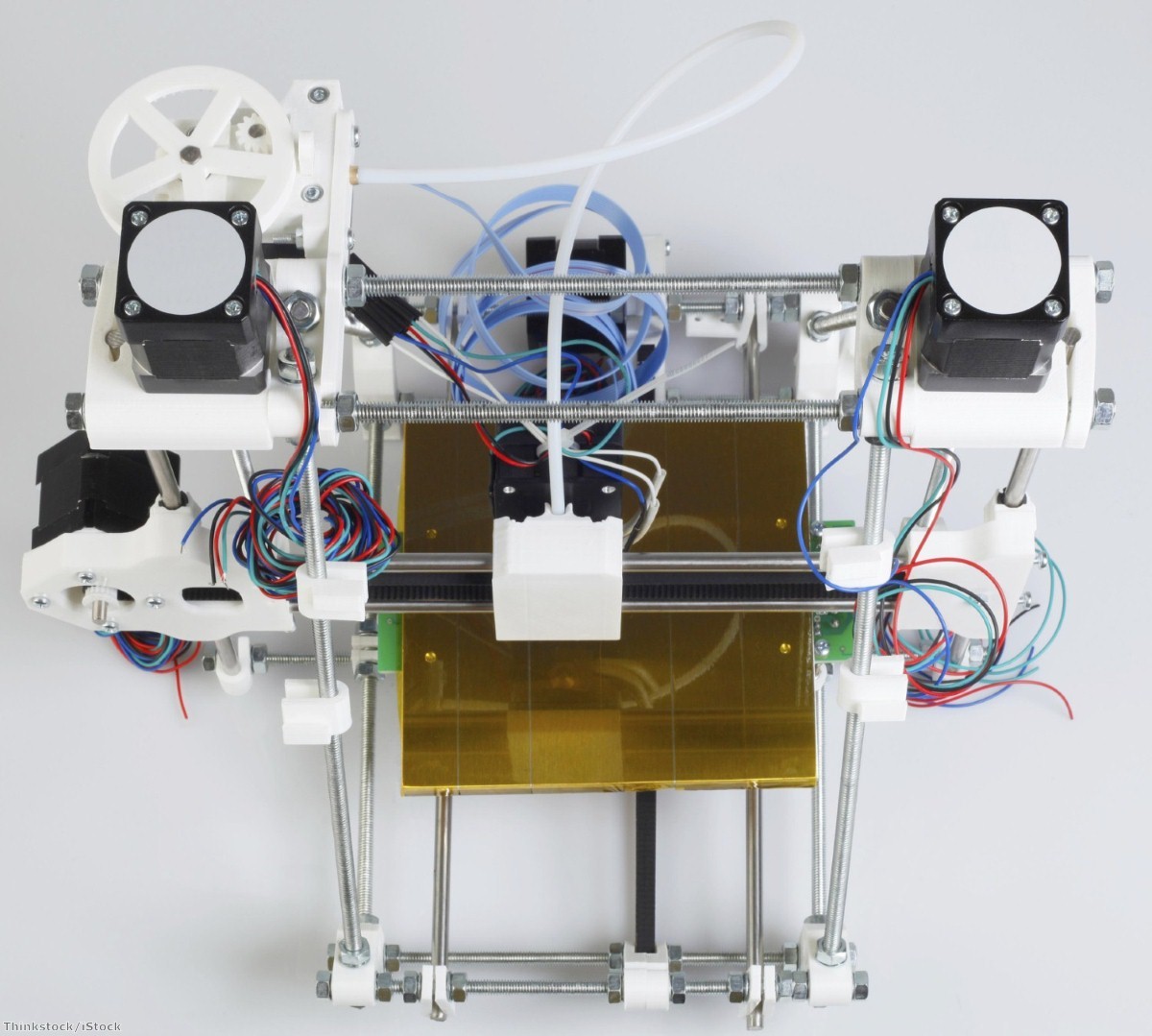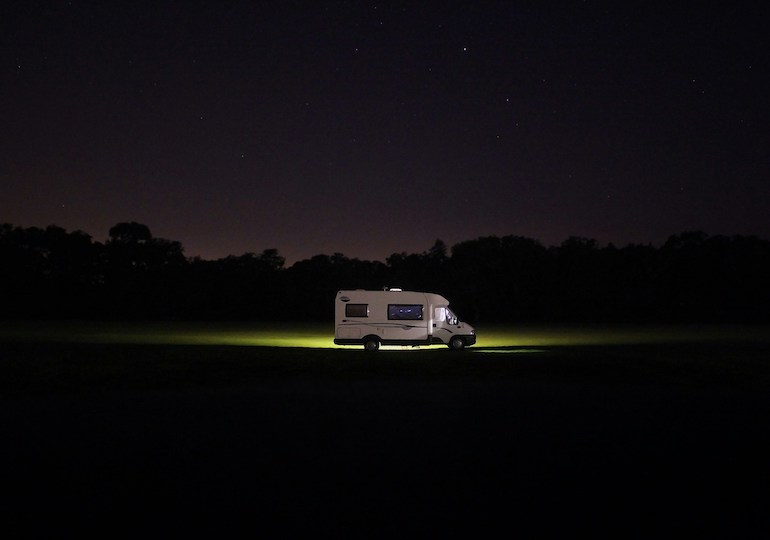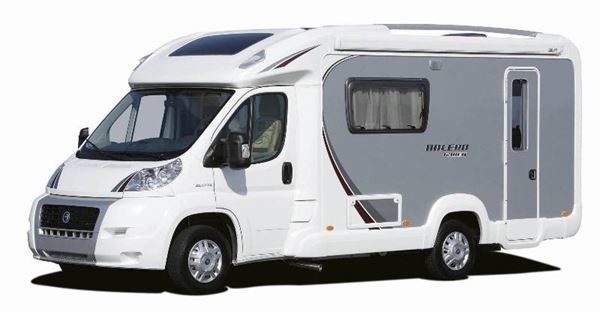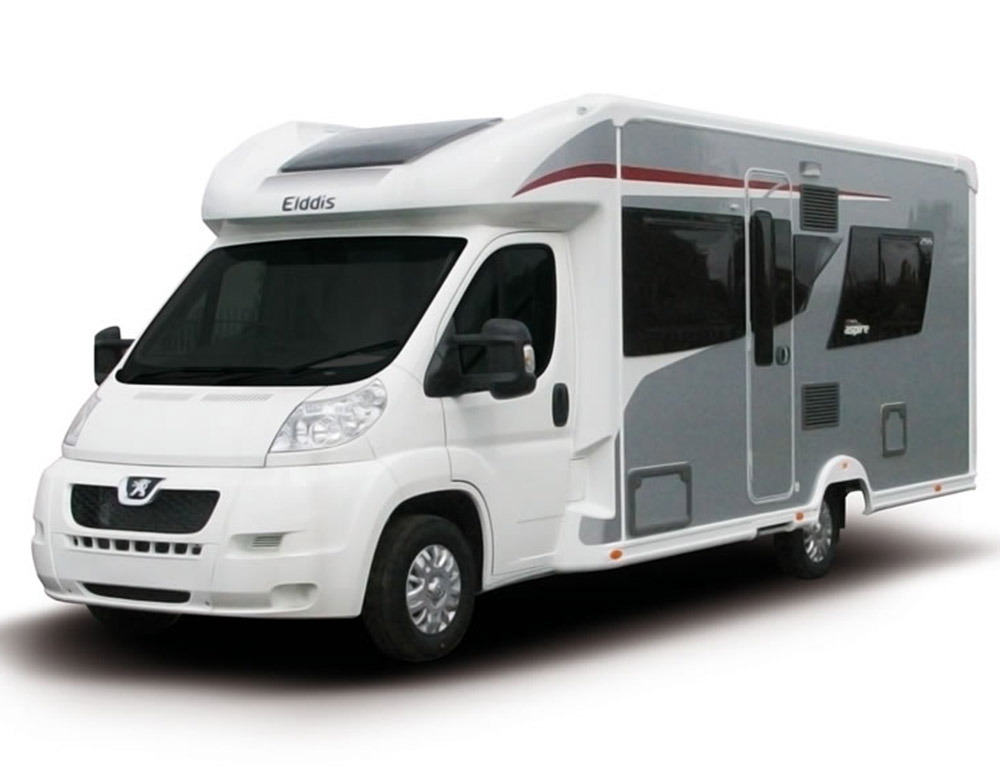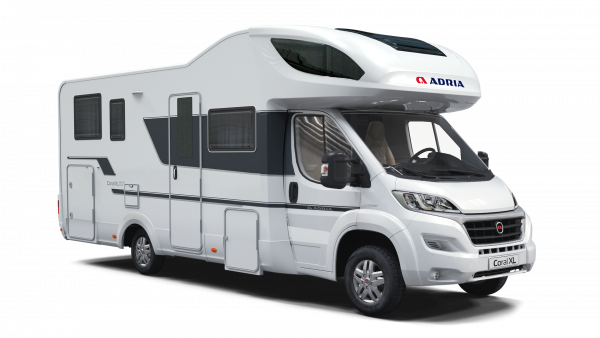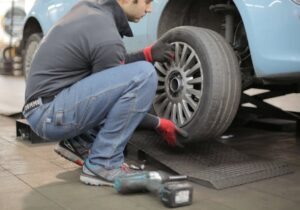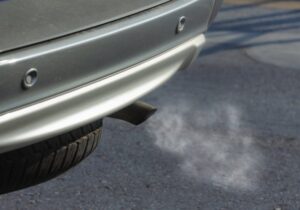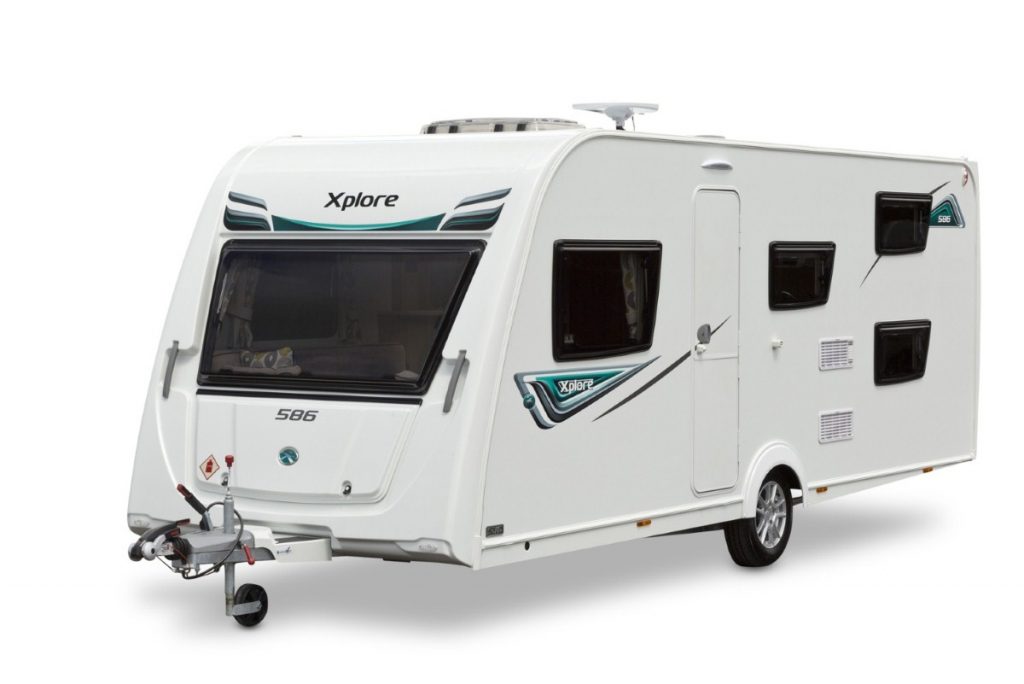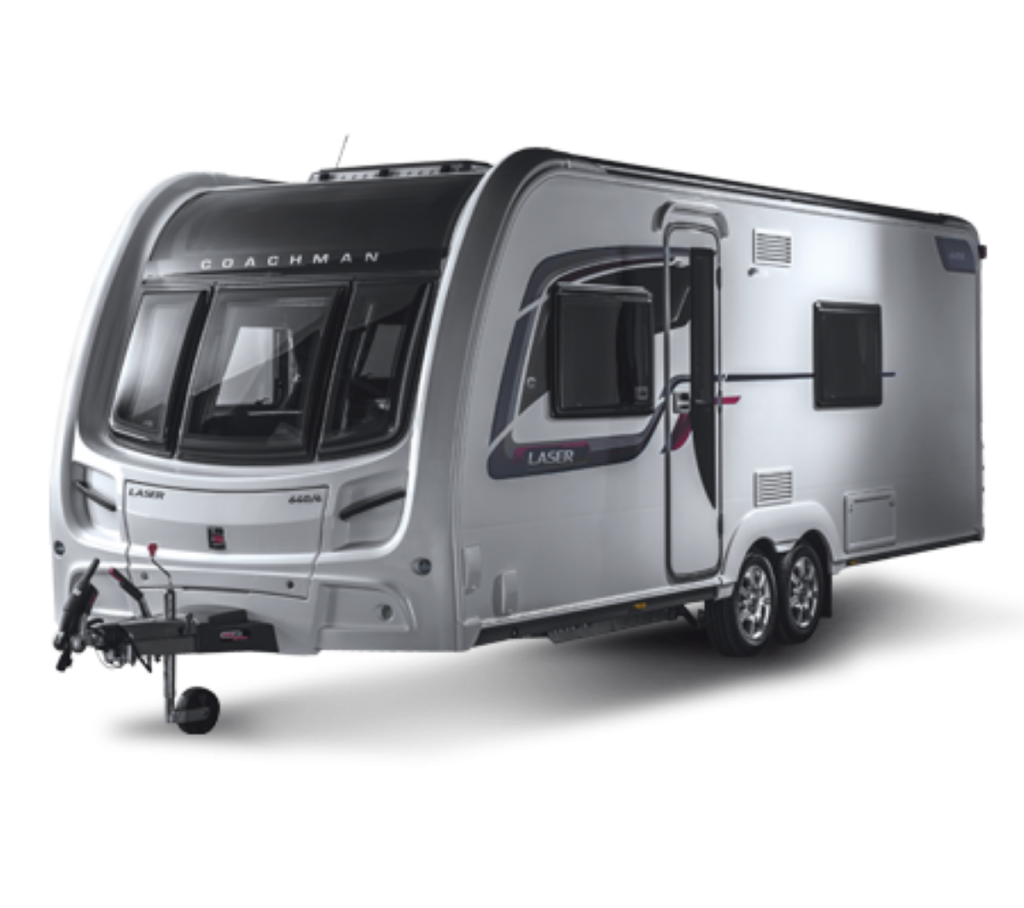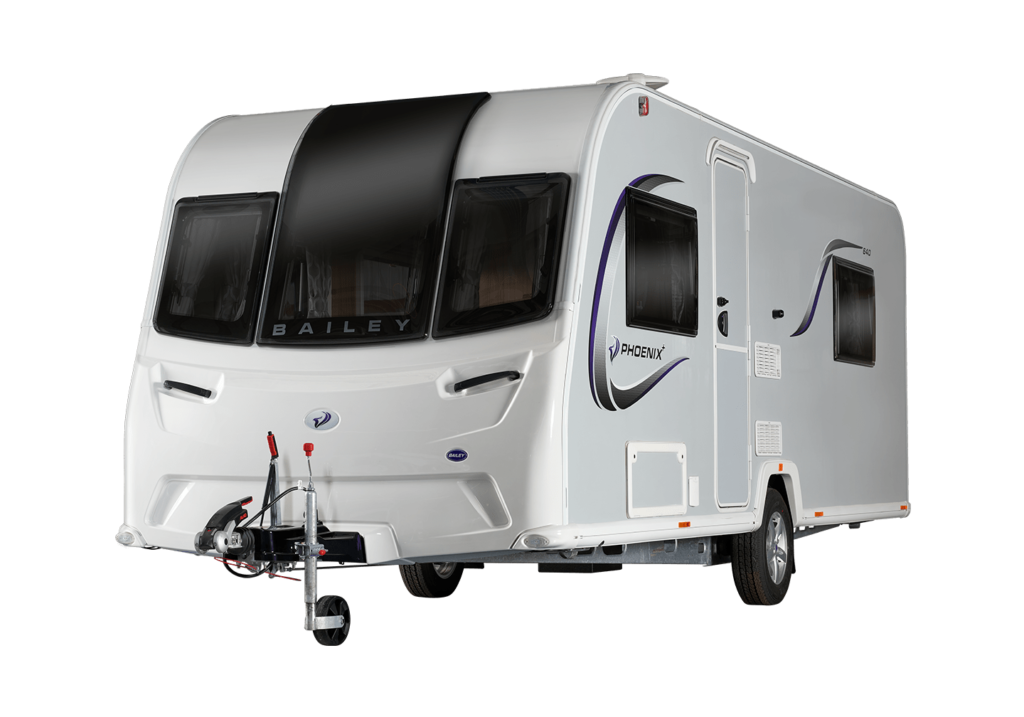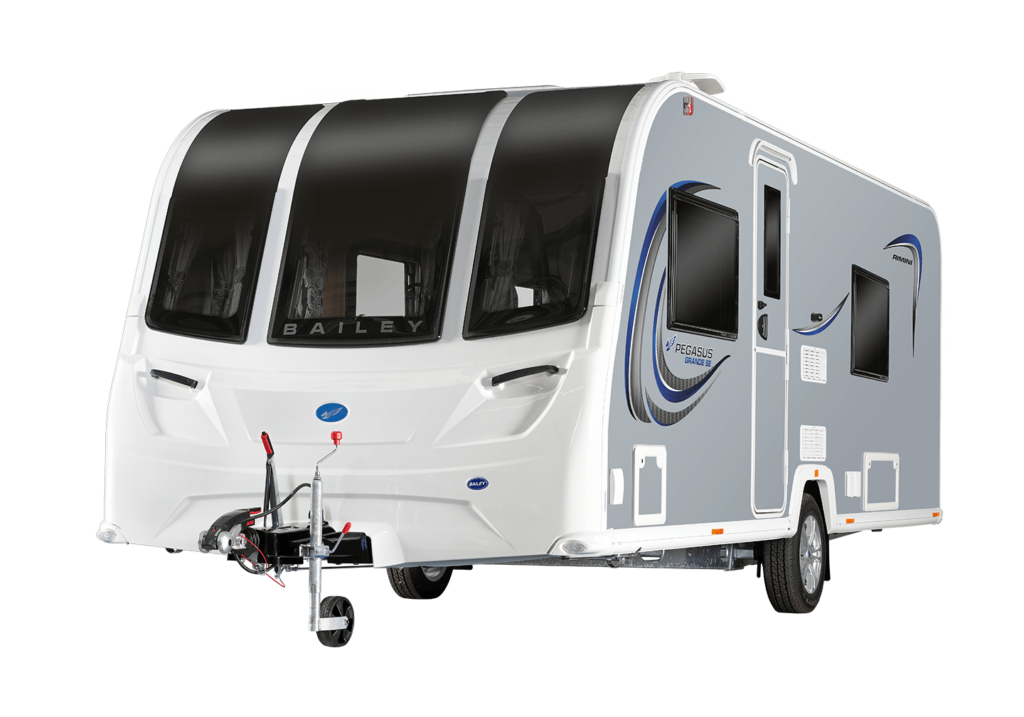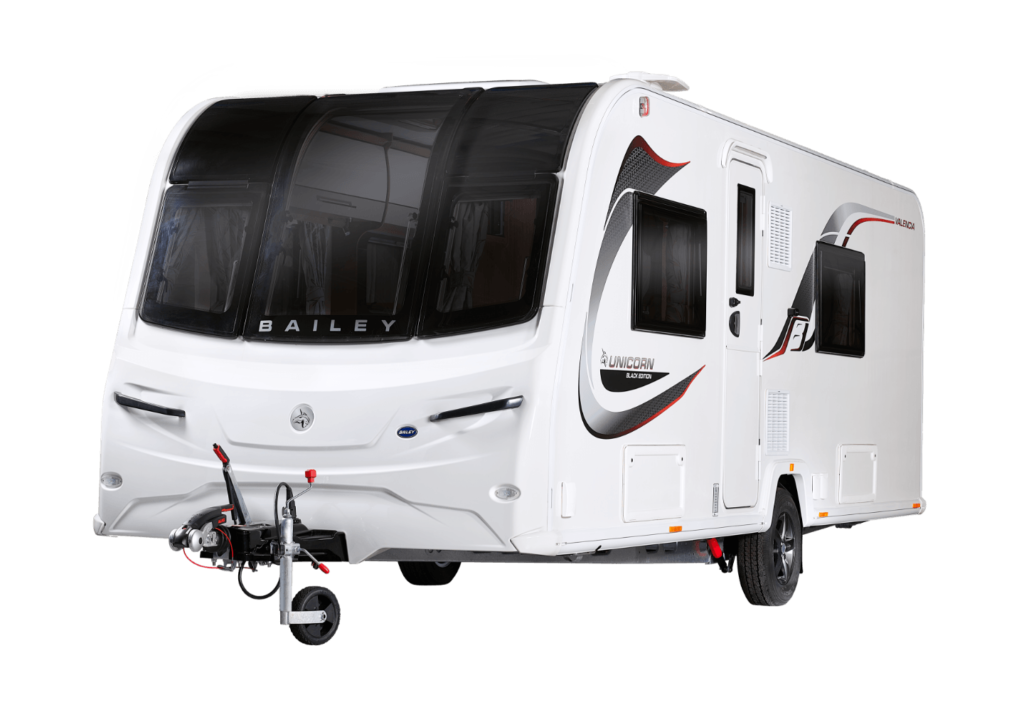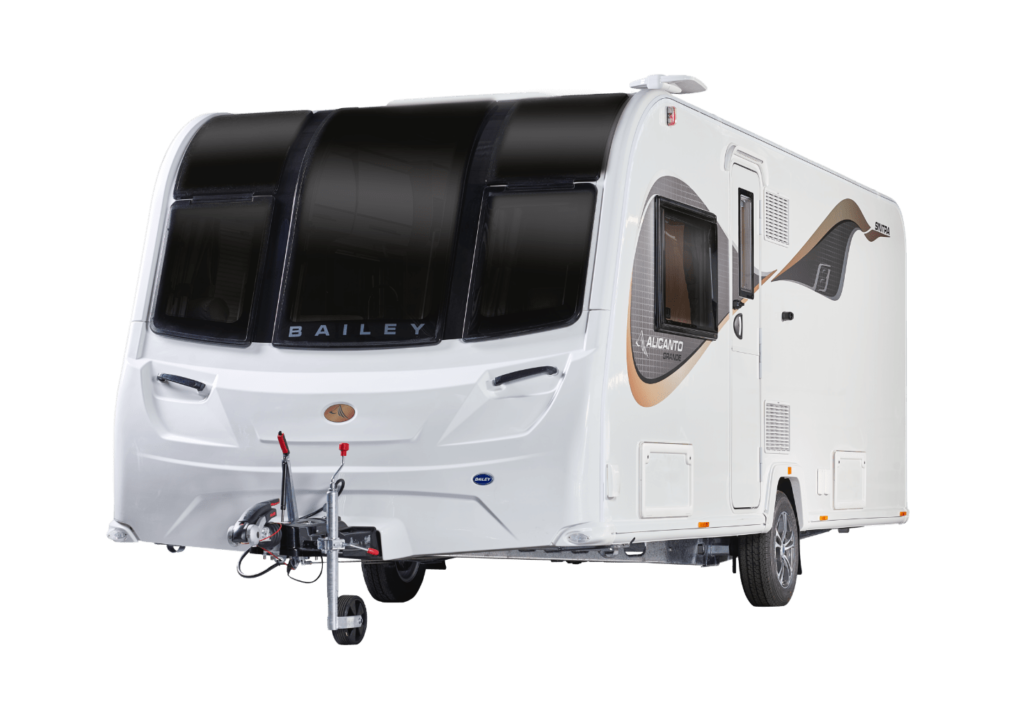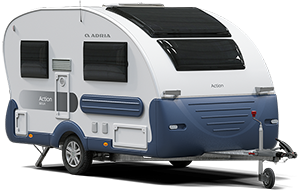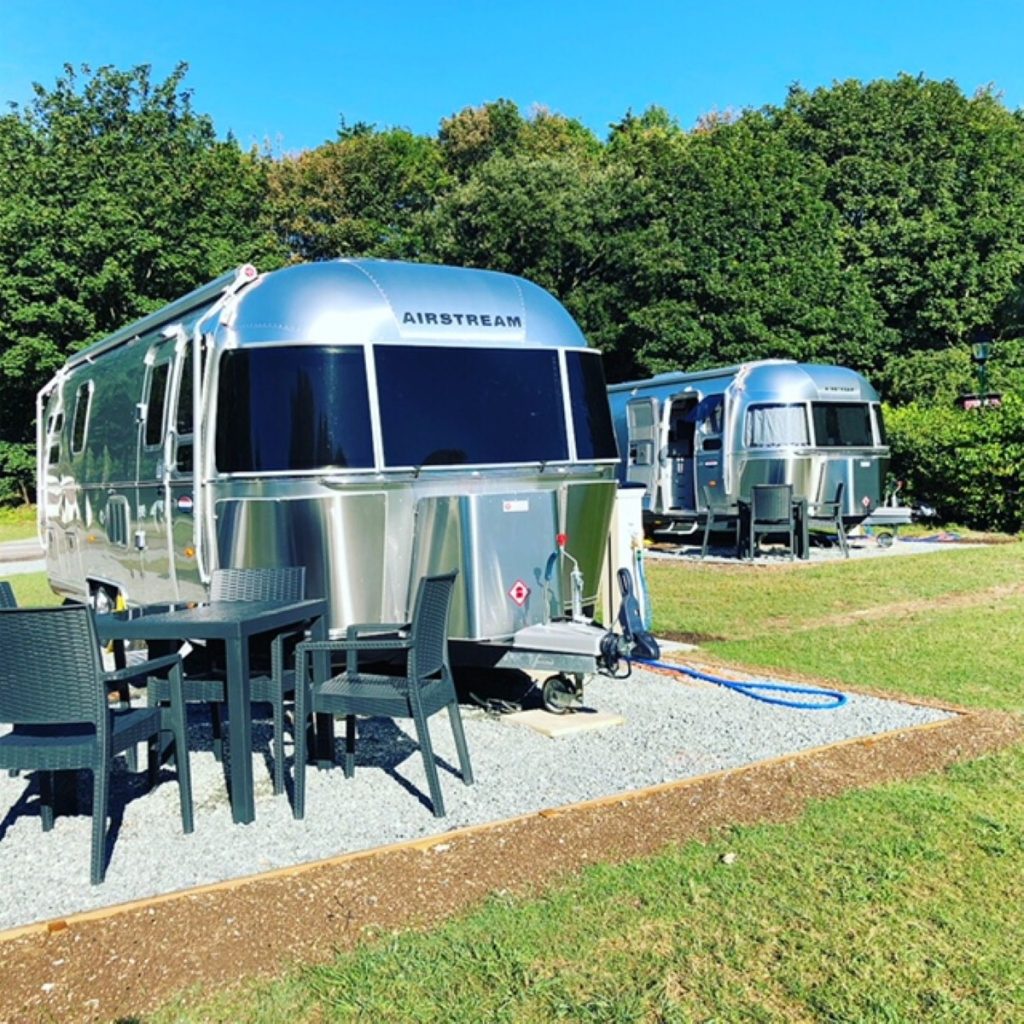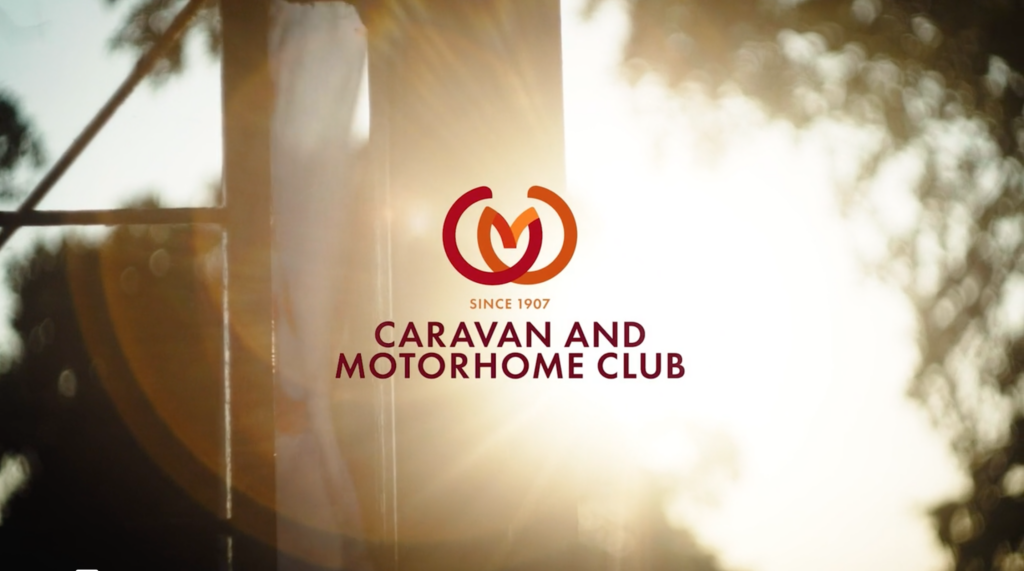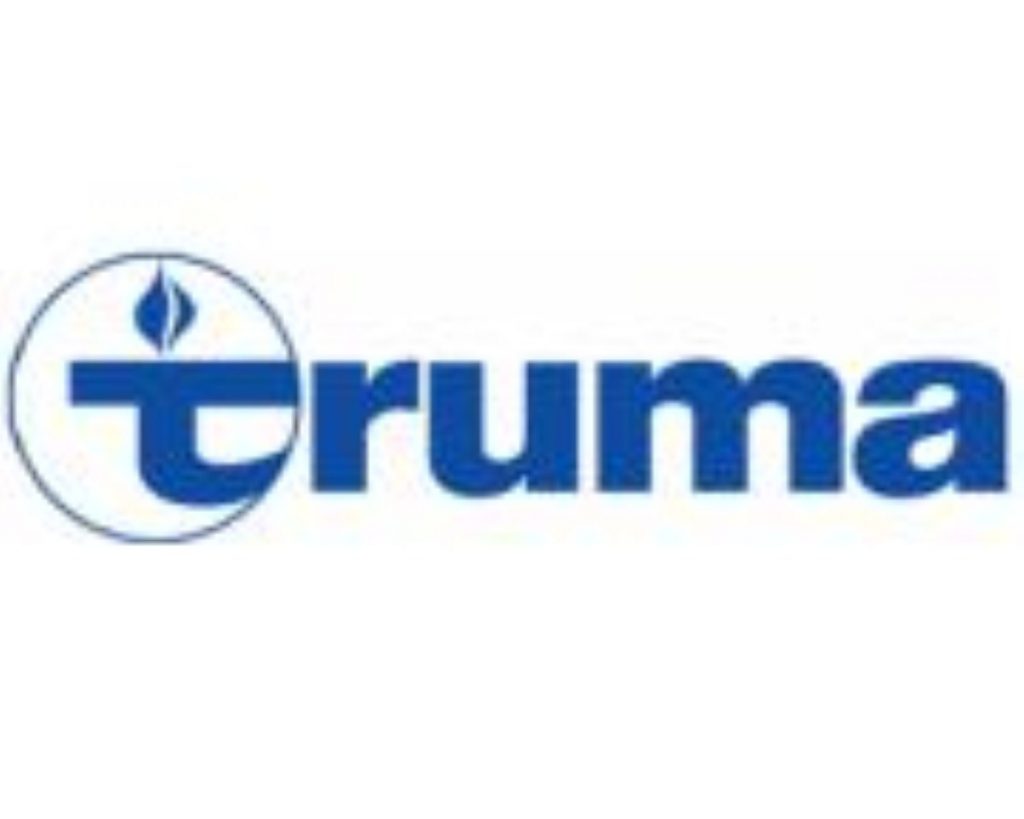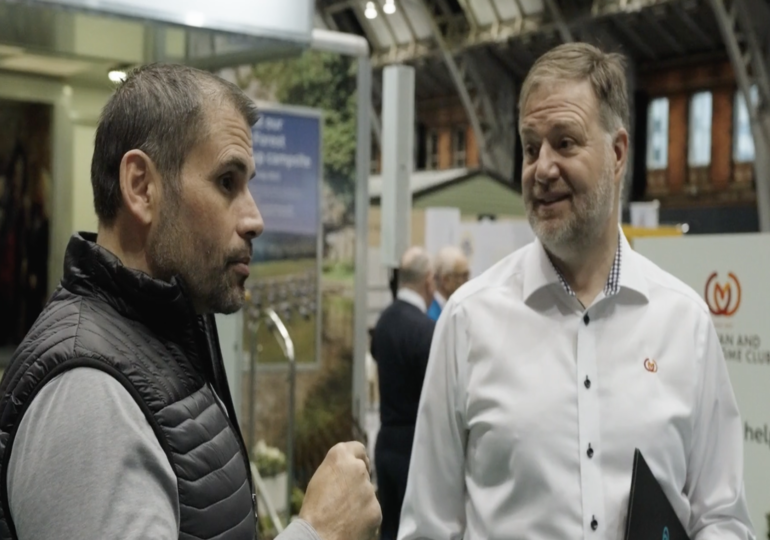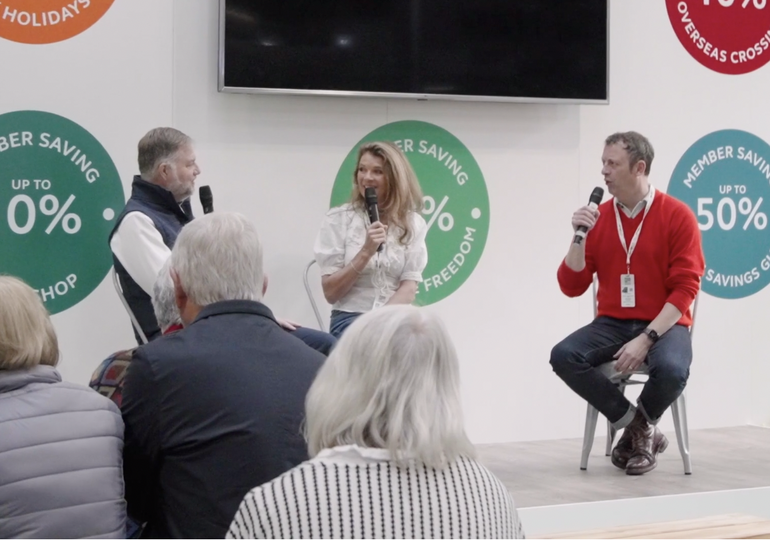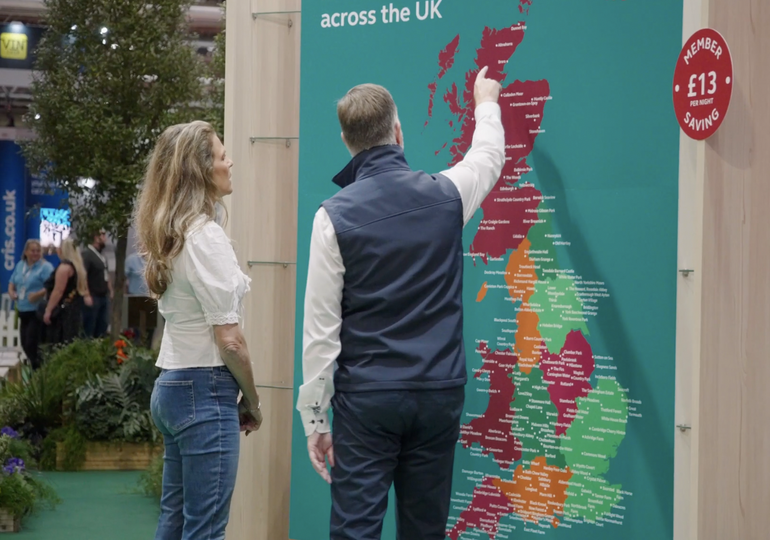by
3D printing is still a relatively new piece of technology, which has greatly benefitted research and design processes for the Northern Irish caravan heating and water specialist
Leading caravan heating and water specialist, Whale, has embraced 3D printing techniques which have cut their product lead-time by 97 per cent, enabling them to produce 3D print injection mold tools in less than 24 hours – all at a fraction of the cost of producing metal tools.
The research and design process in developing new products can often be laborious, time consuming, and expensive. In order to allay this, Whale teamed up with Stratasys, a leading 3D printing company that has also worked with the likes of the London Science museum.
Patrick Hurst, Managing Director of Whale, is extremely pleased with the process: “This is hugely revolutionary for our business. We have already seen the technology take months off of our product development process and that in turn minimises risk. In fact, I estimate that we’ve shortened our R&D [research and development] process by up to 35% with Stratasys 3D printing.
“Add that on top of the 20% we’re already saving in terms of our design work – well for me, it’s fantastic,” he continued.
Previously, lead times for metal tools were in the region of four to five weeks, and came at a cost of tens of thousands of pounds.
When testing functional prototype parts prior to utilising 3D printing, Whale had outsourced its prototype components to service bureaus, often ordering the parts from China. The company now manages an impressive in-house injection molding operation, including 10 state-of-the-art Demag and Sandretto machines.
All of this must means that we, as consumers, will be reaping the benefits of lower prices and better quality merchandise. Well, we like to think so at least!

